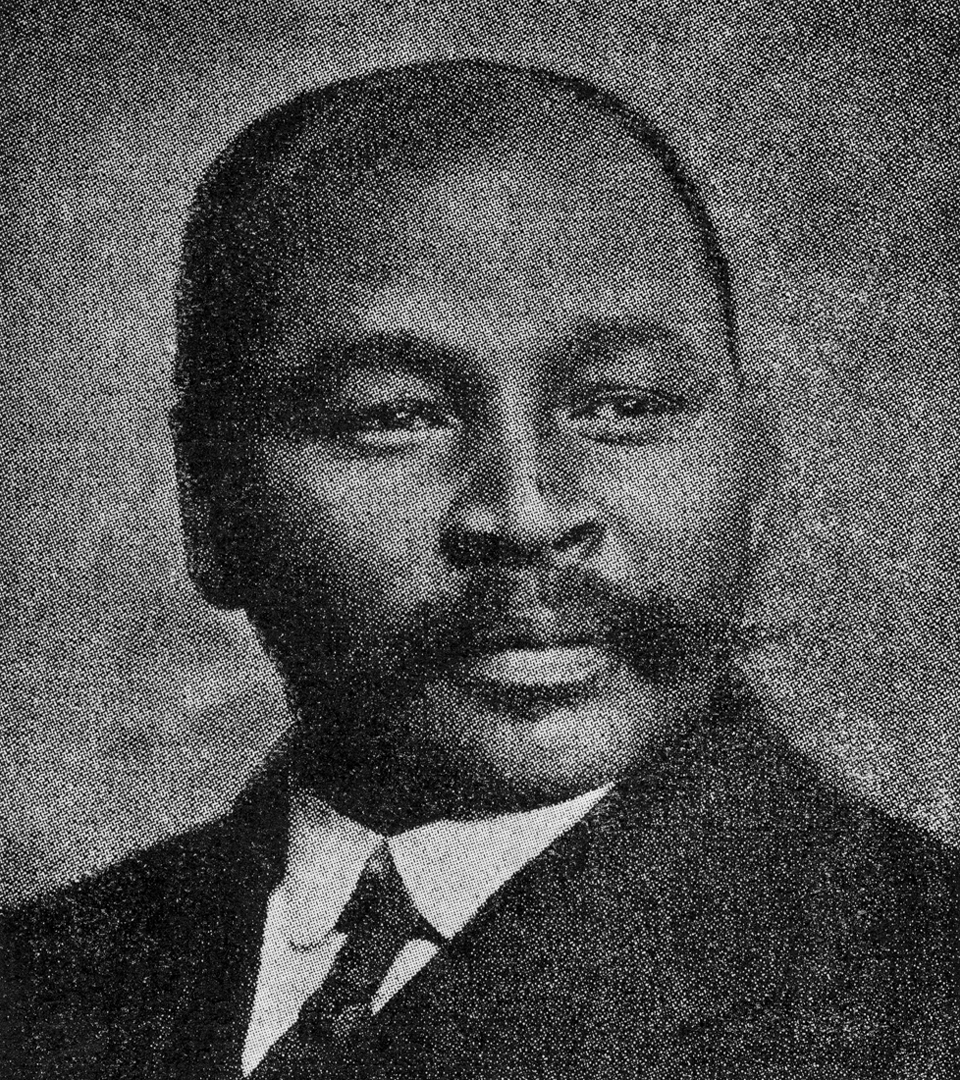John Dube


In 1936, John Mafukuzela Langalibalele Dube became the first black person to receive an honorary doctorate from Unisa.
Today, John Dube is celebrated as the founding President of the South African Native National Congress, which later became the African National Congress. Dube was also a “Renaissance man” for his time — a talented initiator in education, literature and journalism. After attending American missionary schools in Natal, he studied at Oberlin College, Ohio, the first American institution of higher learning to regularly admit black students. Here he discovered a lifelong influence in the speeches and writings of African–American leader Booker T. Washington, who called for black advancement through education and entrepreneurship. Dube put this philosophy into action in South Africa, establishing the Ohlange Institute, a school to assist the educational emancipation of black women, founding the first Zulu-language newspaper Ilanga lase Natal (“The Natal Sun”), and working constantly towards civil assertion of the dignity of black South Africans. In proposing his name for the awarding of his honorary degree, Professor Edgar Brookes described him as ‘a man who has been a genuine South African patriot, a true servant of the country and a pioneer under great difficulties in several important fields.